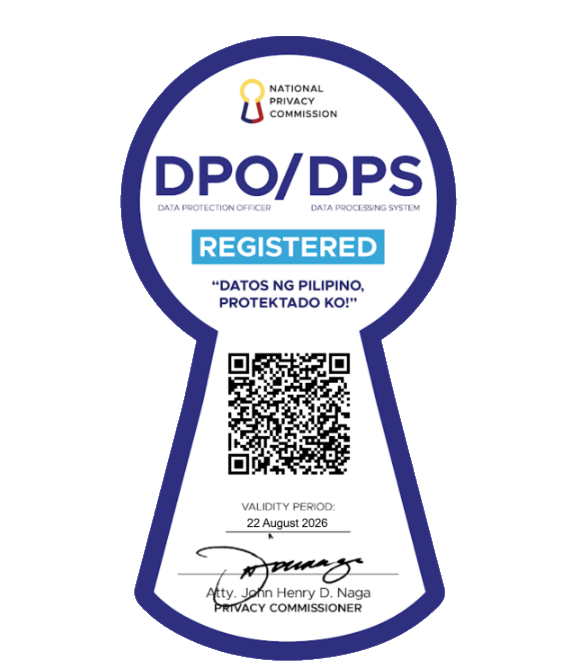Essential preparations now underway for VSU Doctor of Medicine program
- Details
- Written by Paul Vincent L. Fornis
-
Published: 12 September 2024
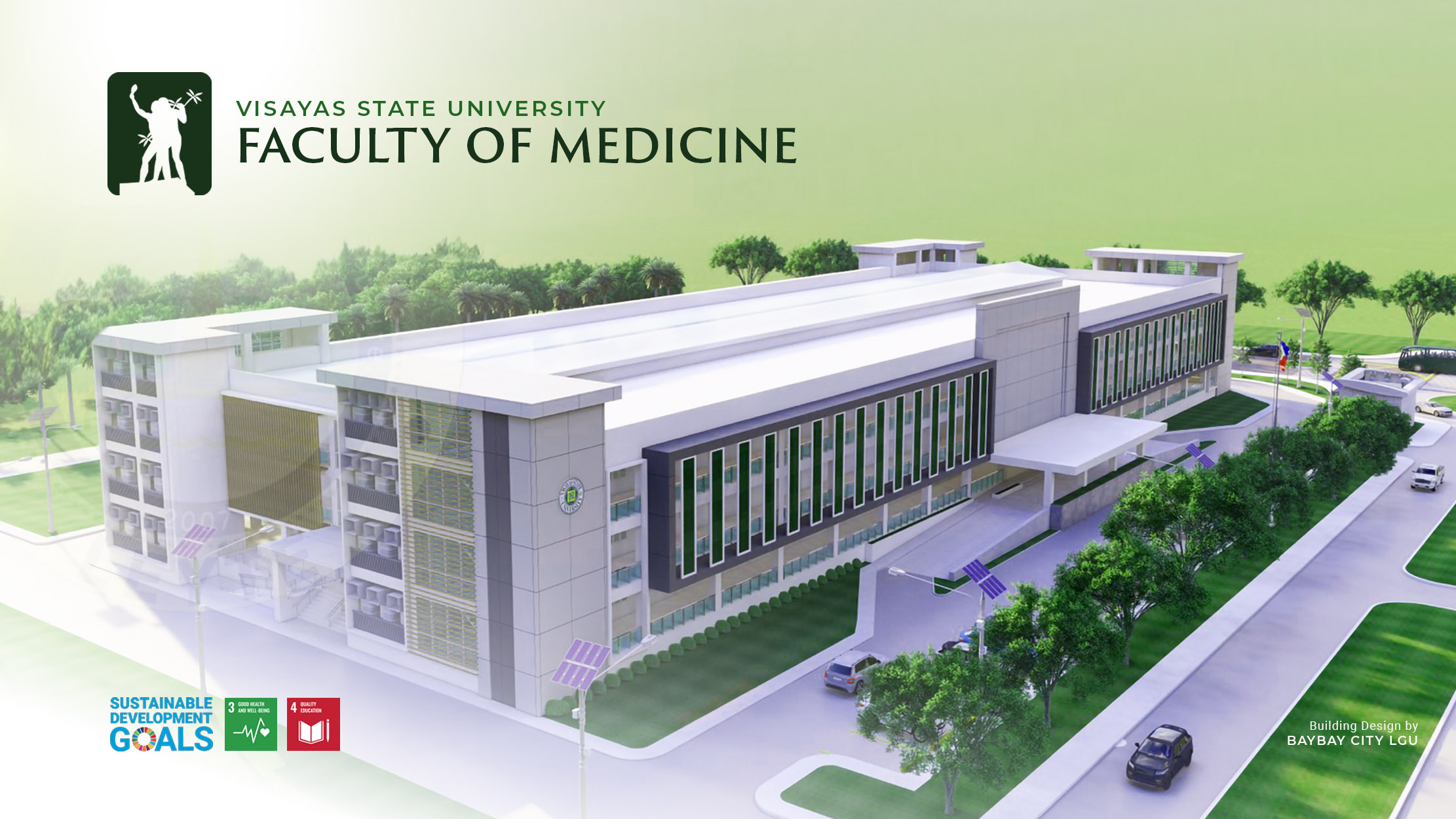
The establishment of the Visayas State University (VSU) Faculty of Medicine is one step closer to becoming a reality following a crucial congressional meeting between VSU officials and Congressman Carl Nicolas C. Cari.
This meeting held on August 28, 2024, at the House of Representatives aimed at pushing forward the implementation of Republic Act (RA) 11974, signaling a turning point for medical education in Eastern Visayas to enhance healthcare services in the region.
RA 11974, also known as “An Act Establishing the VSU College of Medicine in Baybay City, Leyte,” was signed into law on December 20, 2023, by no less than Philippine President Ferdinand R. Marcos, Jr.
However, the program’s launch is contingent on government appropriations, which are currently under deliberation.
Once funded, the VSU Faculty of Medicine will become the first institution of its kind in the Leyte province, addressing the critical shortage of healthcare professionals and providing local students with an accessible pathway to medical careers.
VSU is joining the Samar State University (SSU) in this move to open medical education institutions in the region. SSU’s Samar Island Institute of Medicine (SIIM) is currently underway to serve the Samar province.
Updates on the Program’s Development
Visayas State University President Prof. Dr. Prose Ivy G. Yepes led the presentation during the congressional meeting, providing updates on the university’s preparedness to initiate the program.
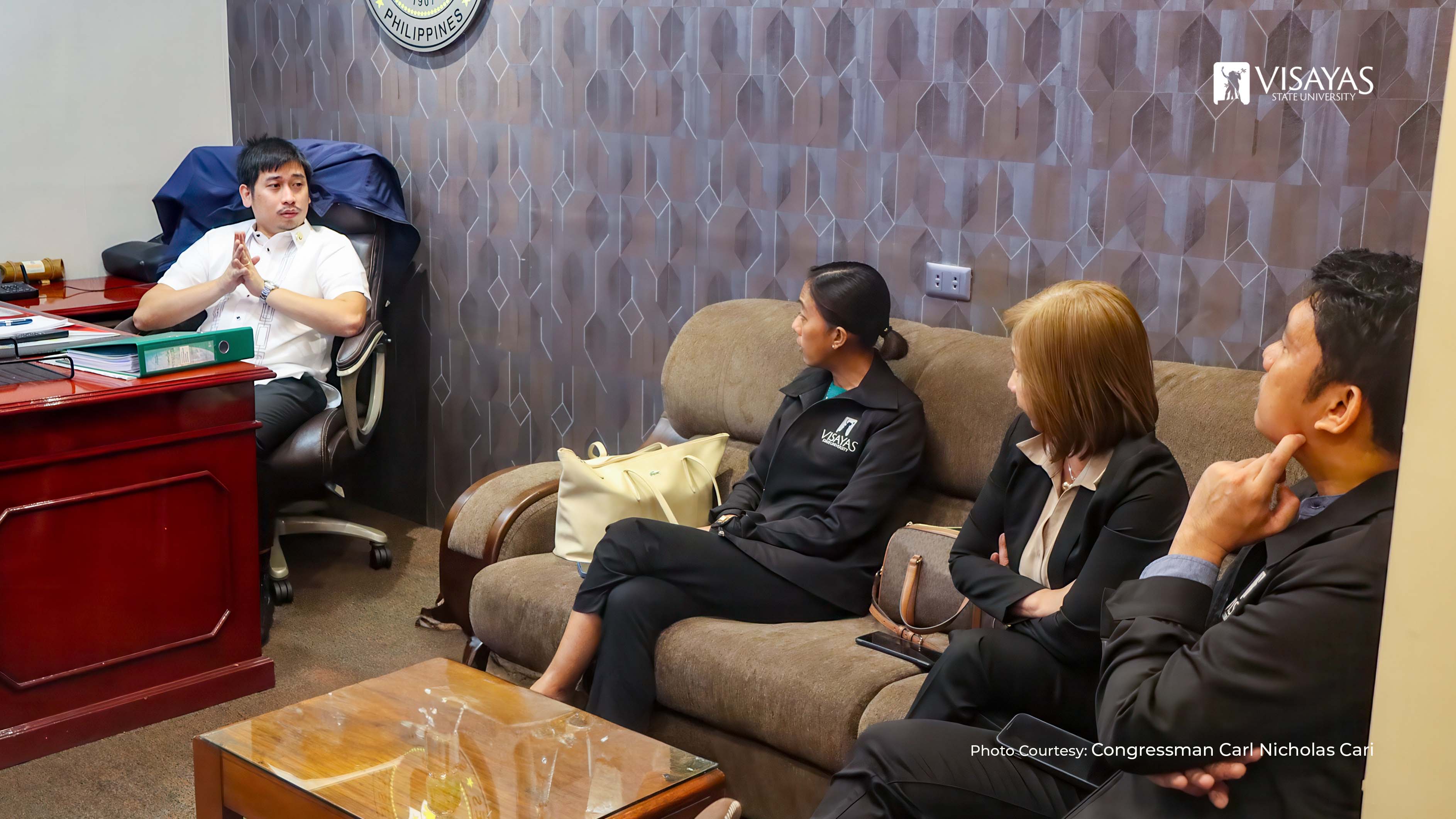
Dr. Yepes, together with a specialized VSU task force composed of Dr. Ma. Rachel Kim L. Aure, Dr. Merry Christ'l T. Guinocor, and Dr. Joel Rey U. Acob outlined the comprehensive plans for the college’s establishment, which include the construction of facilities, recruitment of top-tier faculty, and strategic partnerships with regional hospitals for clinical training, and the results of the feasibility study.
"The VSU Faculty of Medicine will serve as a cornerstone in the development of healthcare in Eastern Visayas. We are fully committed to producing well-rounded, compassionate, and highly skilled medical professionals who will meet the health needs of the region," Dr. Yepes assured Congressman Cari.
The program aims to go beyond simply offering a medical degree. Dr. Yepes emphasized that the college will focus on community-based healthcare, equipping future doctors with the knowledge and skills necessary to serve rural and underserved communities.
She also stressed the importance of interdisciplinary learning, as the college will integrate innovative research and advanced healthcare technologies to produce graduates at par with national and international standards.
The Role of Congressman Cari
Congressman Carl Nicolas C. Cari has been a vocal supporter of the initiative, championing the legislation that led to the enactment of RA 11974.
During the meeting, he reiterated his commitment to ensuring that government appropriations for the program are prioritized. In this same meeting, he gave a sneak peek of what will become the home of the VSU medicine program.
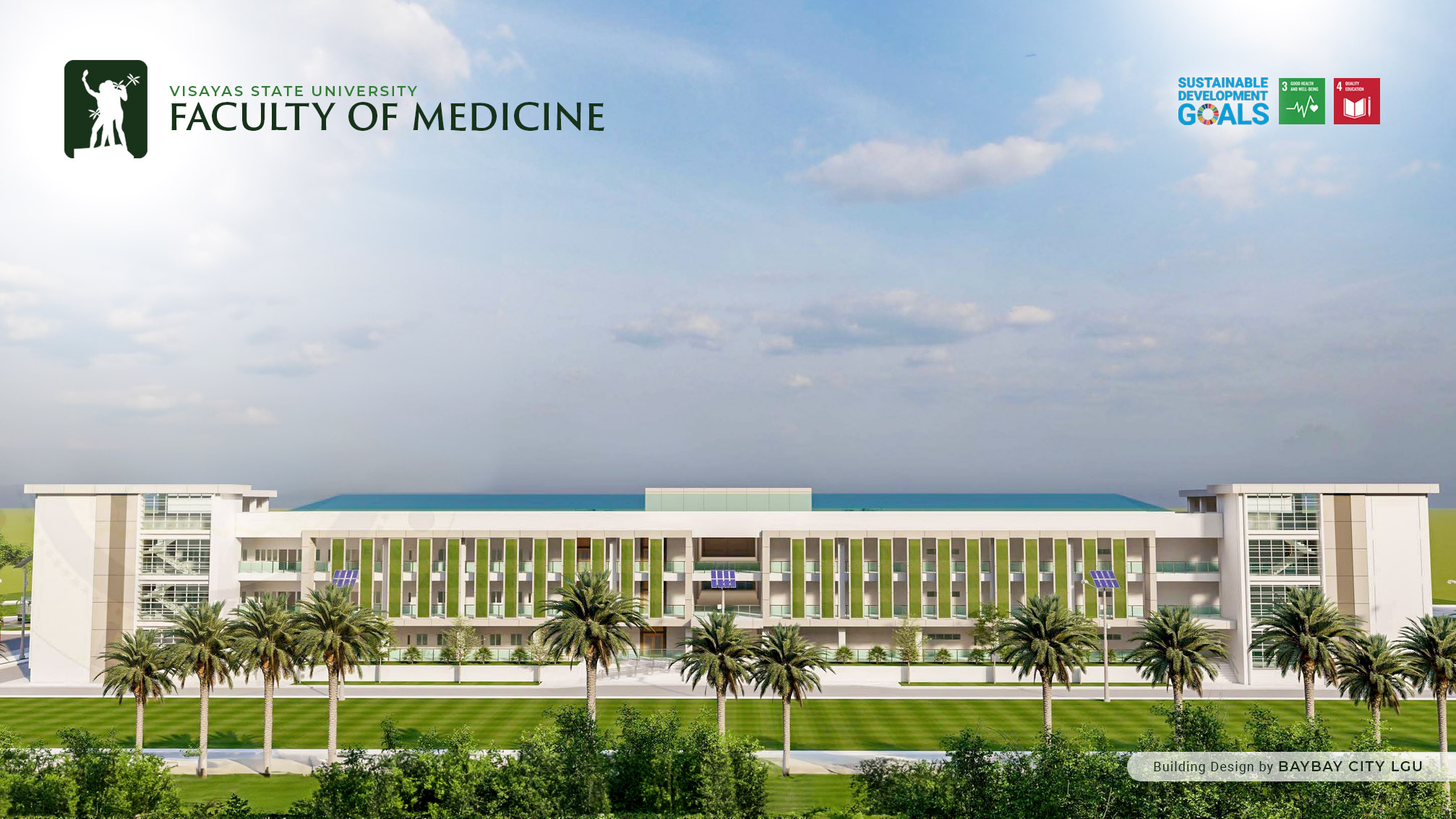
The 3D was created by the Baybay City Planning Office together with the 5th Leyte Engineering District (LED) of the Department of Public Works and Highways. The said agencies are working closely with VSU on this milestone project.
VSU’s Preparedness and the Task Force’s Role
The VSU local task force, composed of experts in health sciences and academic administration, plays a critical role in shaping the future of the Faculty of Medicine.
Dr. Aure, Dr. Guinocor, and Dr. Acob have been instrumental in compiling important requirements for the program, focusing on curriculum development, partnerships with medical institutions, and the acquisition of resources necessary for a world-class medical education.
Dr. Aure, who is the current VSU Director for Instruction and Evaluation, shared insights on the program’s curriculum, which will incorporate an evidence-based approach to medical education by learning from topnotch medical schools in the country.
"Our focus is not only on creating excellent doctors but also on producing healthcare leaders who will contribute to public health policies and programs," she explained.
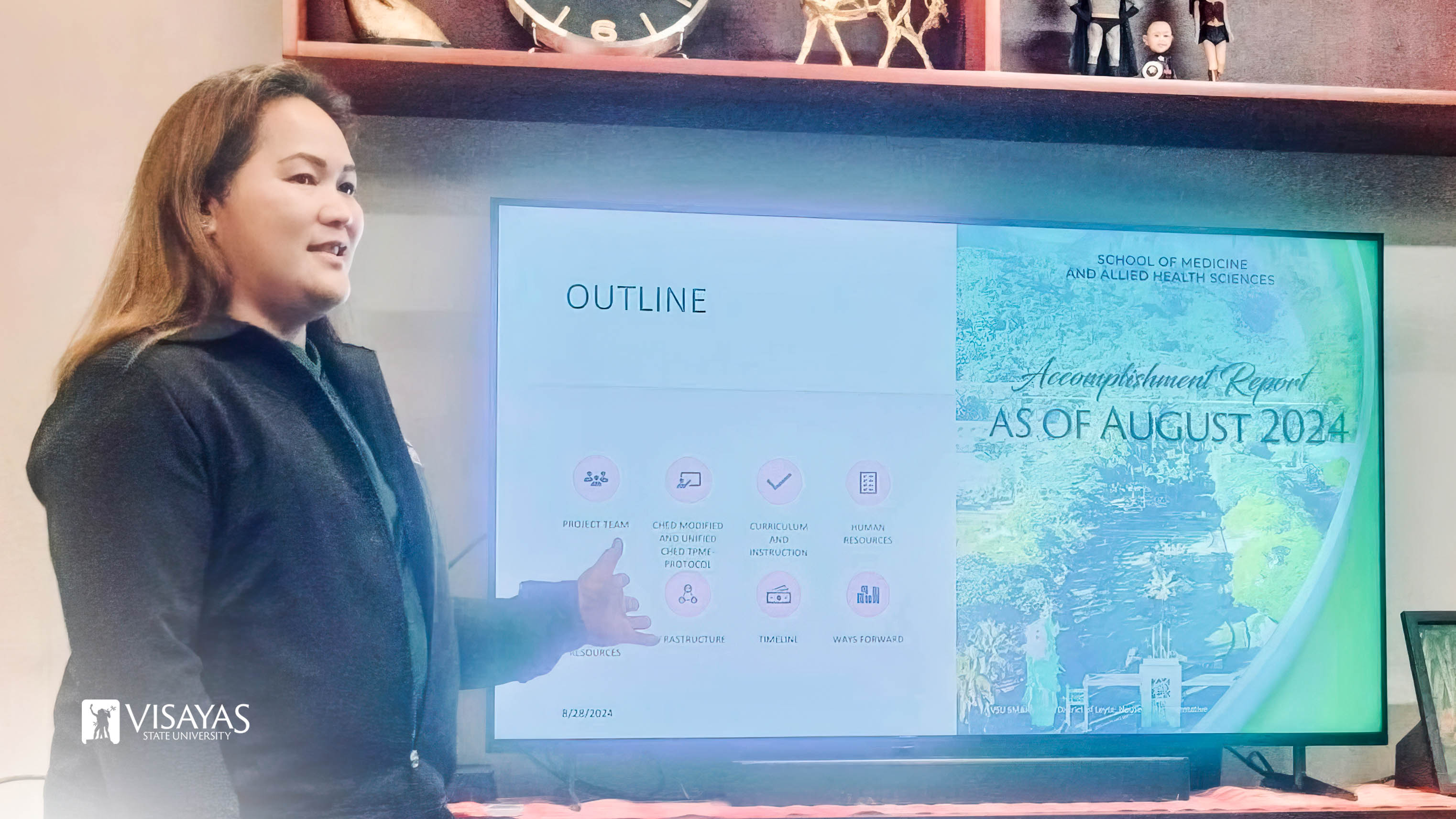
Dr. Guinocor and Dr. Acob, meanwhile, have been actively forging partnerships with hospitals and health centers throughout the region to ensure students will have diverse clinical training opportunities.
A Bright Future for Medical Education in Eastern Visayas
The VSU Doctor of Medicine program will serve as a game-changer for healthcare in Eastern Visayas with a particular focus on outcomes-based education, problem-based learning (PBL) approach, and community-based health education.
With the university’s mantra of connecting communities for health, VSU will soon open doors for aspiring doctors from the region, many of whom previously had to seek medical education far from home.
The program is expected to contribute significantly to addressing the regional shortage of healthcare professionals, especially in rural and underserved areas.
Moreover, the program aligns with VSU’s broader mission to contribute to regional and national development through education and research.
Once the VSU Doctor of Medicine program is operational, VSU will be able to offer a comprehensive suite of healthcare-related courses, establishing the university as a future leader in medical education and research in the country.
The congressional meeting concluded on a positive note, with Congressman Cari expressing optimism about securing the necessary funding.
Dr. Yepes and her team remain hopeful that the government will recognize the urgent need for such a program in the region. The new VSU President is also grateful to the active men and women of VSU who laid the important groundwork for the development of the Doctor of Medicine program.
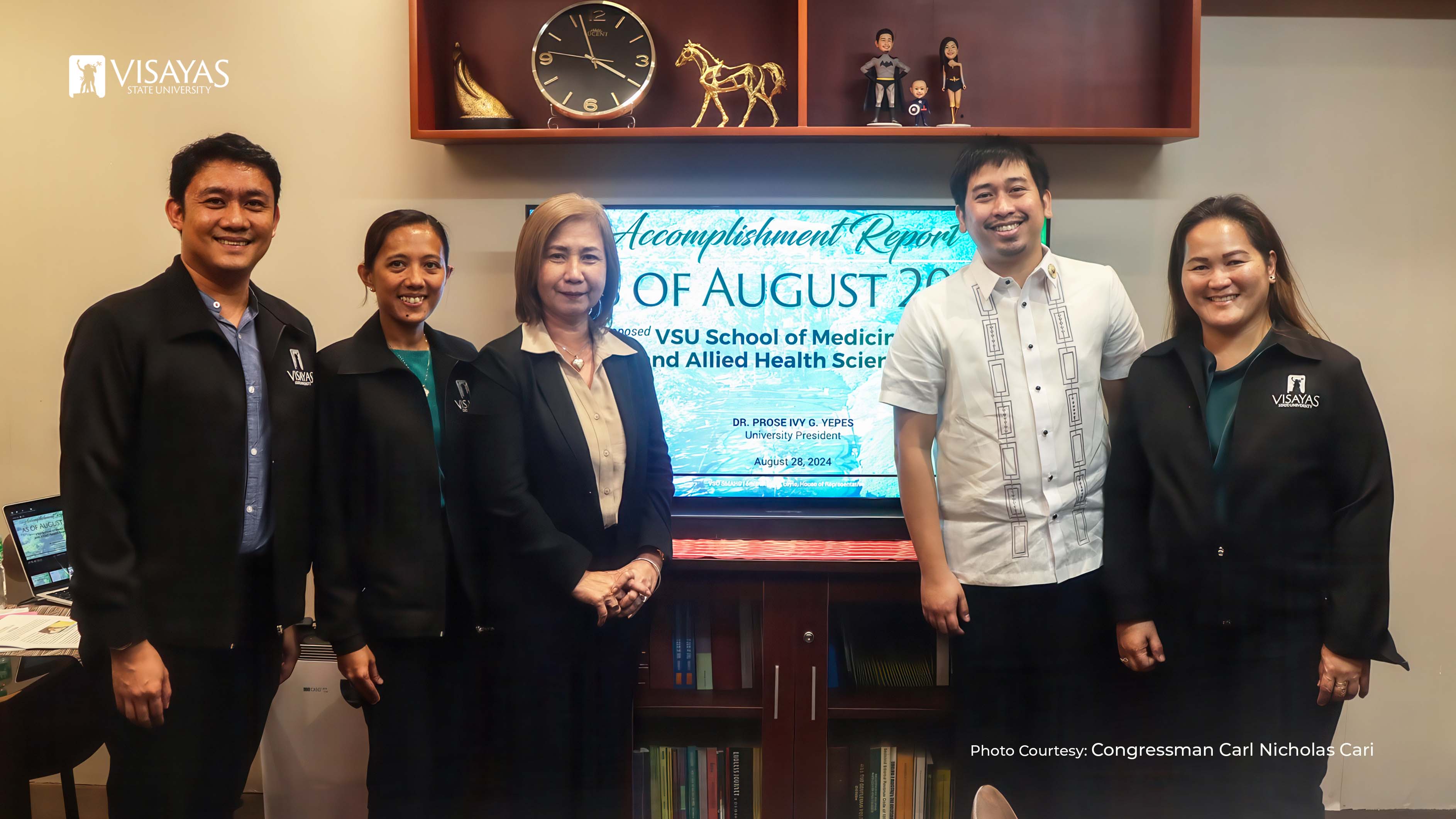
As RA 11974 awaits appropriation, the dream of a Faculty of Medicine strategically located in VSU is closer than ever to becoming a reality.
This is one that promises to transform the healthcare landscape of Eastern Visayas for generations to come.
[This article aligns with Sustainable Development Goals: No. 3 (Good Health and Well-Being) and No. 4 (Quality Education).]


